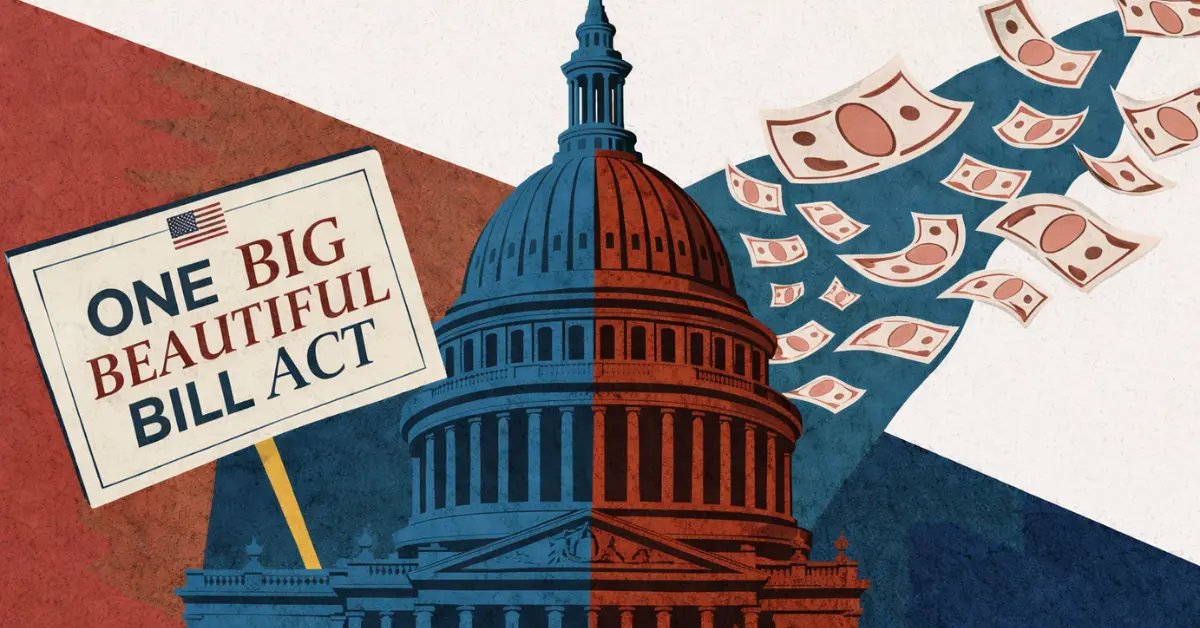Read more below to find out the top five reasons why candidates fail, and how you can avoid making these mistakes.
1. Underestimating Exam Difficulty
Underestimating the CPA exam is more common than you would think. When a respected researcher conducted a survey amongst CPA candidates, 92% of them said that they thought the exam was much more difficult than they had originally anticipated and that they had underestimated the exam’s difficulty during their studying process. Joseph Viola, a CPA since October 2012, had sat a total of 17 times (yes, 17!) before he passed all four sections. The biggest reason? He had underestimated the exam and overestimated his preparedness.
“It was so discouraging,” Viola said, speaking to the NYS Society of CPAs (NYSSCPA). He claims that he had taken a very “high school or college approach” to his studying (i.e. sitting through classes and watching lectures), and instead needed to do more self-studying. “Self-study was the thing for me,” Viola explained. “I think I did 100,000 multiple choice questions over time.” Rather than relying solely on lecture videos, he incorporated practice questions into his studying process. The next time he sat for the exam, Viola felt much more prepared.
2. Studying Inefficiently (Or Studying the Wrong Material)
Studying for the CPA exam is about discipline and efficiency. Many candidates make the mistake of either not creating a study schedule, or not sticking to that study schedule. Effective studying requires putting in every ounce of effort to avoid deviating away from that study schedule -- no matter how tempting external activities can be. Candidates who have disciplined study plans are more likely to pass the exam the first time around!
Another common mistake that candidates make is not researching what specific concepts will be tested on the exam. Especially for candidates who have been out of school for a while, there will be topics that will need to be revisited or completely new topics that will need to be learned. Use study materials wisely and leverage practice questions to determine which concepts you need to focus on.
3. Underestimating Study Time Requirements
Many CPA candidates underestimate the time it takes to actually understand a concept, rather than just recognizing it on the surface. The AICPA generally recommends that CPA candidates study an average of 300-400 hours for the CPA exam -- which equates to roughly 80-100 hours of studying per exam section. However, many candidates find that they require far more study hours than what the AICPA recommends. Candidates also find that individual sections of the exam can require either more study hours than anticipated (i.e. FAR and REG), while others can require less (i.e. AUD and BEC).
4. Incorrect Time Management
On the same concept of time, time management is also a common issue for many CPA candidates. Passing the exam is an 18-month process, so it’s important to develop a consistent study schedule that fits into your everyday schedule.
Dylan Luo, a CPA candidate, and Master of Professional Accounting (MPA) graduate from University of Texas at Austin finds that planning day-by-day is more important than it has ever been -- especially during current times. “There’s really no feasible way to study for these exams without a strict schedule,” Dylan explains. “I didn’t realize how much my general stability and mindset hinged on having a set schedule and routine.”
Especially for those who are balancing studying with work or school, committing nights and weekends to disciplined studying is key. For Michael Olague, a CPA candidate and Senior Accountant at Aerovironment, time management has never been more important. Some days Michael finds himself working until 8 or 10 PM. On these days, he’ll try to get his studying done earlier. “If your goal is to study and pass, you have to reallocate your time,” Michael advises. “I use a daily journal that is spread out into weeks. You can set goals through each week and you can keep track of them daily. I have other things in there besides studying for the exam, too -- fun goals!”
5. Internal Barriers (Pressure, Motivation, Intimidation)
Lastly, some CPA candidates find that their internal emotions can get in the way of their own success. For an accountant, obtaining a CPA license can be seen as an essential element to achieve one’s career goals, so it’s common for candidates to feel intimidated by the exam. However, intimidation can inhibit your ability to focus and think clearly, keeping you from reaching your full potential. While it’s definitely easier said than done, don’t let fear or intimidation negatively affect your hours of hard work and preparation. To combat this, try giving yourself a set number of minutes for each multiple-choice question or task-based simulation. If you reach your time limit, take your best-educated guess and move on.
Especially during these hard times, it’s easy to become overwhelmed and unmotivated. You’re tired, drained of any energy, and maybe you’re balancing a lot on your plate. When your time and energy are spent doing things other than studying for the exam, it’s completely common to feel “stuck.” Just sit back and take a breath. Remember that there are others out there who are in the same position as you. Some candidates find it helpful to reach out to others who have been in the same position as you for an extra boost of motivation. And, as we mentioned above, it can also be helpful to schedule a bit of time in your day to study for the exam.
If you have failed the CPA Exam with another CPA Review provider, now is the time to consider moving to us! UWorld Roger CPA Review has a solution to help you study smarter, not harder. Our patent-pending predictive technology has a proven 94% pass rate! SmartPath is a data-driven platform that provides targeted recommendations on how to focus your efforts by comparing your progress and performance to those that have actually passed the CPA exam.
Our SmartPath Technology can …
- Show you exactly what to study, and how much
- Maximize your time by guiding you to the right questions
- Take the guesswork out of CPA exam preparation
- Show your strengths and weakness in each area
- Visualize your progress with data analytics
- Save you time and improve your time management
- Pass faster and smarter
- And so much more!
SmartPath can help you build confidence in knowing you’re following the right path to success!




